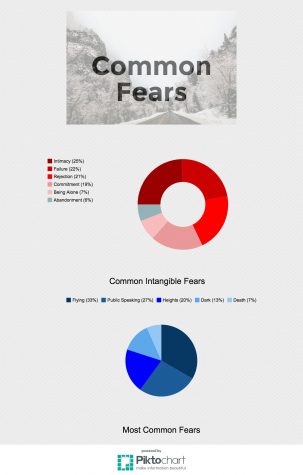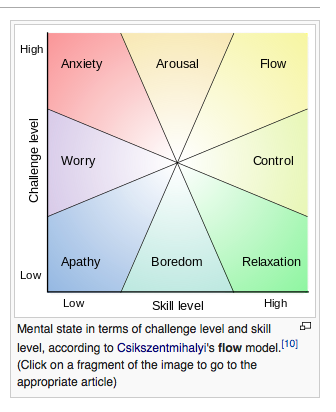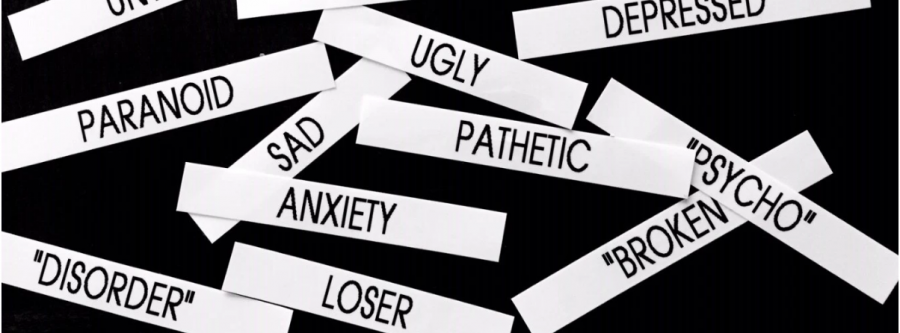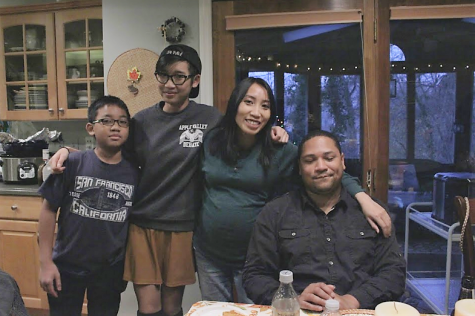Don’t Fear Your Fears
Your heart is racing, palms sticky with sweat. Your entire body is shaking, but no one around you can tell. Your thoughts are racing faster than your heartbeat. As you gather the nerve to stand up, you wonder, ‘Why am I even doing this?’
Fear: one of the most common, and unexplainable emotions known to man. It completely overwhelms and paralyzes us. But what is behind these obscure fears?
Well, the truth is that even psychologists don’t know exactly where they come from. There is no set definition of where or how fears start; it’s different for everyone.
Fears that surround tangible objects like animals, bugs, and planes are easier to confront. If you’re afraid of dogs, it’s simple to find a puppy at a pet store or in the park and try to confront your fears. Even common fears like public speaking can be confronted by giving speeches. Becoming more familiar with what you’re afraid of is one of the most recommended ways to get over those feelings of desperation.
But what of those intangible fears? Rejection, failure, and intimacy are only the top three on this list.

The countless other intangible fears on this list affect 19 million people everyday. And there really is no easy way to face them. In reality, confronting your fear of rejection by getting rejected 60 times isn’t going to make you less afraid. The attack plan on these fears is completely different.
There’s so much more to being afraid. You’re balancing your insecurities, your strength and your emotions and that’s completely overwhelming. Fears can consume you to the point where you are completely engulfed in your self-doubt, sadness and uncertainty.
Intangible fears are just like that, looming over you, filling you with uncertainty and dread. The American Psychological Association explains that intangible fears are better described as an anxiety disorder because it is a general state of distress that is longer lasting than fear and usually is triggered by something that is not specific. And it’s hard to determine what causes these fears or what event triggers them.
Now I’m not saying we should ignore trigger warnings or tell people who have experienced truly horrible things to just accept it, but some of these fears protect us. Fears act like a warning to help tell us when something isn’t right.
Fear wakes us up. Literally, like when we find motivation to do homework at 3 a.m. because we’re afraid of the teacher’s wrath. Or when it focuses us on the problem at hand and turns off all distractions. Fears heighten our senses and turns on the ‘fight or flight’ mentality.

Fear
The Wall Street Journal notes in 2012 that somewhere between checked out and freaked out lies an anxiety sweet spot, some researchers say, in which a person is motivated to succeed yet not so anxious that performance takes a dive.
Ms. Heineman, psychology teacher at AVHS, explains that anxiety actually offers benefits in our lives. She states, “Usually the perception is that anxious people aren’t the most reliable employees, but that’s largely untrue. Anxiety boosts productivity.”

But most surprisingly, fear opens us to help from others. In those moments of anguish, we turn to those close to us for support. The discussion strengthens relationships and opens communication. You might not want to burden your partner with worries, but it doesn’t matter how big or small your struggles are, sharing them helps create an opportunity to feel nurtured and supported for both of you.
You should never be alone in your fears or doubts. And chances are; you aren’t. There are 19 million others like you suffering from the paralysis of fear. Open up, share your fears, no matter how scary it feels. No one should navigate this journey alone.








